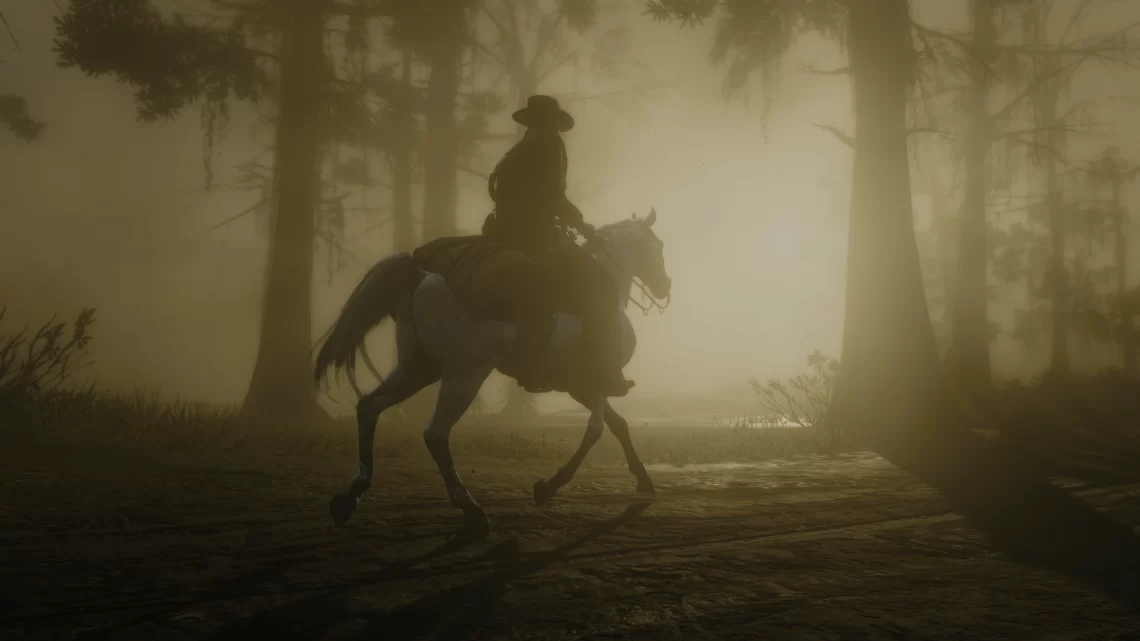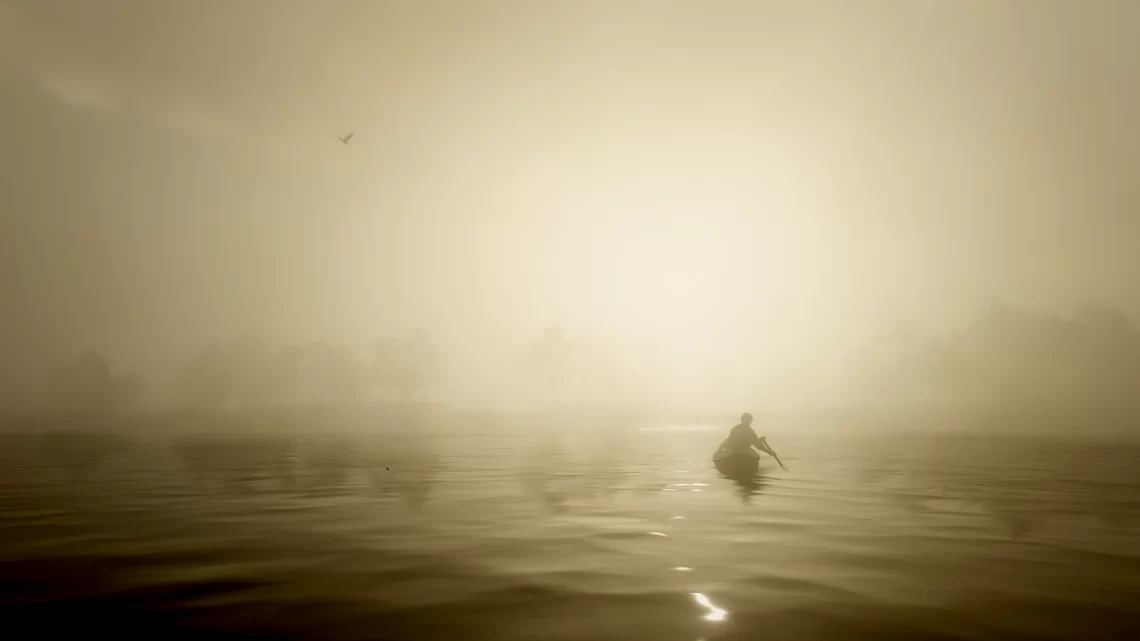When considering race and anti-Black racism, Black perspectives are the most vital. That said, too often, we act as though being white is an automatic, default, or neutral position instead of considering the precise ways in which racism distorts white perspectives and beliefs. RDR2's portrayal of the white perspective is unconsidered and obscures historical realities. Arthur's demonstrable ignorance of white peoples’ prevalent attitudes in “Preaching Forgiveness as He Went” and “No Good Deed” denies the realities of the time and is totally unbelievable: in no way were white supremacist acts of violence, let alone beliefs, confined to the South.
An unfortunate feature of American storytelling is the “anti-racist” text that is, itself, racist. These pieces ostensibly speak against racism, but the authors haven't done the difficult work of confronting their own false and negative beliefs about the people they're writing about. As a result, they uphold or create harmful stereotypes, like the white savior or the Uncle Tom. One such text is Quentin Tarantino's film Django Unchained, which probably gave RDR2's writing team the idea for a Western set in the South. Having chosen that questionable inspiration, they chose another with similar flaws: Adventures of Huckleberry Finn by Mark Twain.

